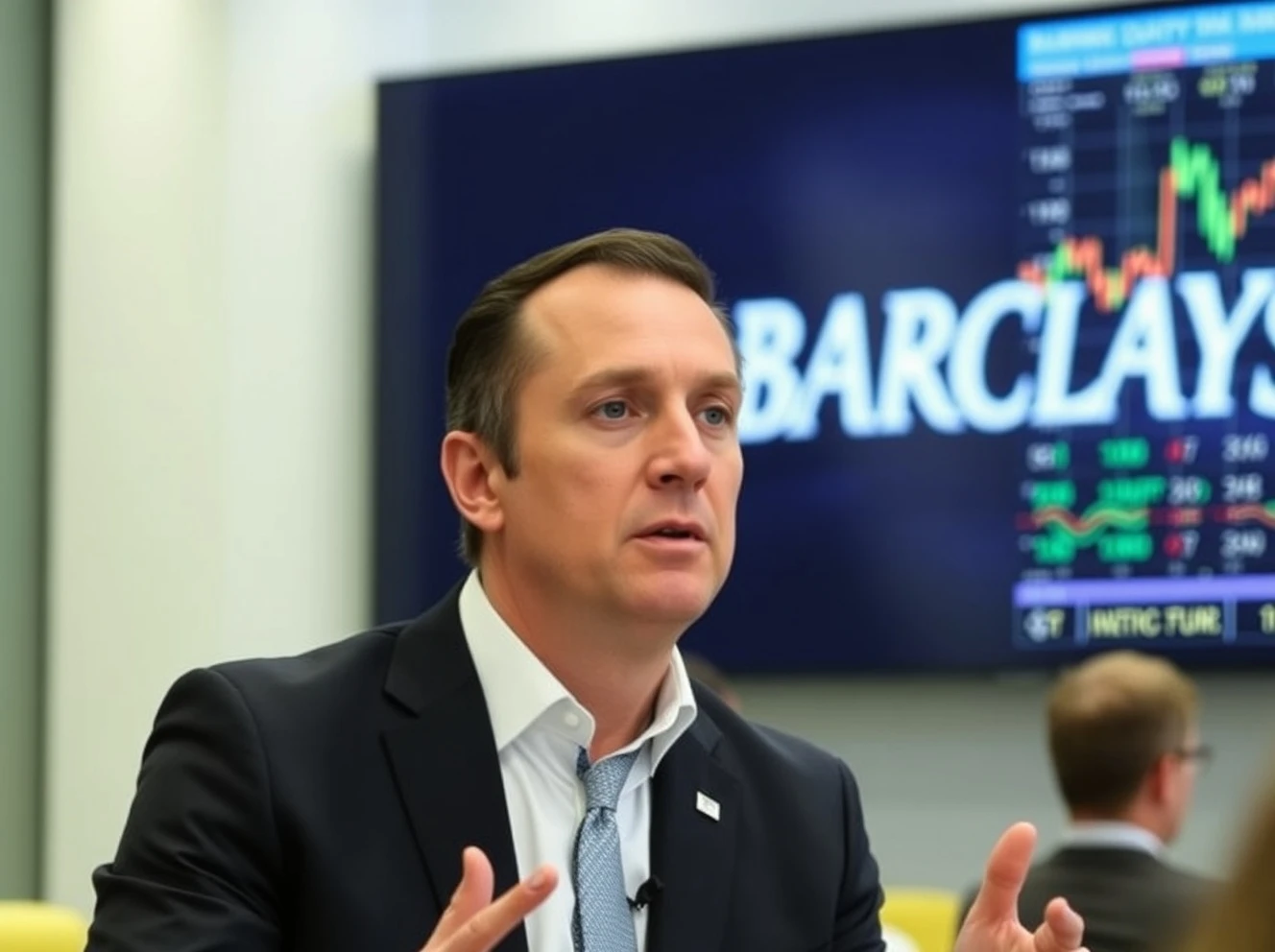Barclays CEO CS Venkatakrishnan has issued a stark warning to the UK government regarding potential bank tax hikes and public sector pay increases. Consequently, this intervention comes as Chancellor Rachel Reeves faces mounting pressure to address the country’s fiscal challenges. Moreover, the banking sector remains particularly concerned about additional taxation measures.
Bank Tax Hikes Threaten UK Competitiveness
Venkatakrishnan emphasized that UK banks already face significantly higher taxation than international counterparts. Specifically, he revealed that UK lenders endured a 46% effective tax rate last year. Comparatively, banks in New York faced only 28% taxation. Similarly, European Union banks experienced rates up to 39%. Therefore, further bank tax hikes could severely impact London’s global financial standing.
Public Sector Pay Concerns and Inflation Risks
The Barclays chief executive strongly advocated for curbing government expenditure. Additionally, he highlighted the ongoing challenge of wage-driven inflation. Currently, public sector pay growth remains at 5.7% annually. Meanwhile, private sector wages increased by only 4.8%. Consequently, this disparity raises significant economic concerns.
Economic Impact of Potential Bank Tax Hikes
Recent market movements demonstrate investor sensitivity to taxation rumors. Last month alone, UK bank shares lost over £6 billion in value. Furthermore, Barclays itself contributed £1.4 billion in taxes during 2023. The bank achieved pre-tax profits of £5.7 billion. However, Venkatakrishnan argues that sustainable growth requires investment encouragement rather than additional bank tax hikes.
Industry-Wide Concerns About Banking Taxation
Other banking leaders echo Venkatakrishnan’s concerns about potential bank tax hikes. Lloyds CEO Charlie Nunn similarly cautioned against increased taxation. He emphasized that higher taxes would contradict government competitiveness goals. Moreover, such measures could deter essential investment in the financial sector. The banking industry collectively fears that profit levels might trigger windfall levies.
Government Balancing Act: Growth Versus Revenue
The Labour government faces a complex balancing act between fiscal consolidation and growth promotion. While maintaining a pro-business stance, the chancellor must address budget constraints. However, banking leaders argue that bank tax hikes would ultimately undermine economic objectives. The November budget will reveal how these competing priorities are reconciled.
FAQs About Bank Taxation and Public Sector Pay
What is the current tax rate for UK banks?
UK banks faced a 46% effective tax rate last year, significantly higher than international competitors.
How does public sector pay compare to private sector?
Public sector wages grew at 5.7% annually, while private sector increases reached 4.8%.
What are the risks of additional bank tax hikes?
Further taxation could undermine London’s financial competitiveness and deter investment.
How much tax did Barclays pay in 2023?
Barclays contributed £1.4 billion in taxes on £5.7 billion pre-tax profits.
What is the banking sector’s main concern?
Banks fear that current profitability might trigger windfall taxation measures.
How have investors reacted to tax hike speculation?
UK bank shares lost over £6 billion in value last month due to tax concerns.








